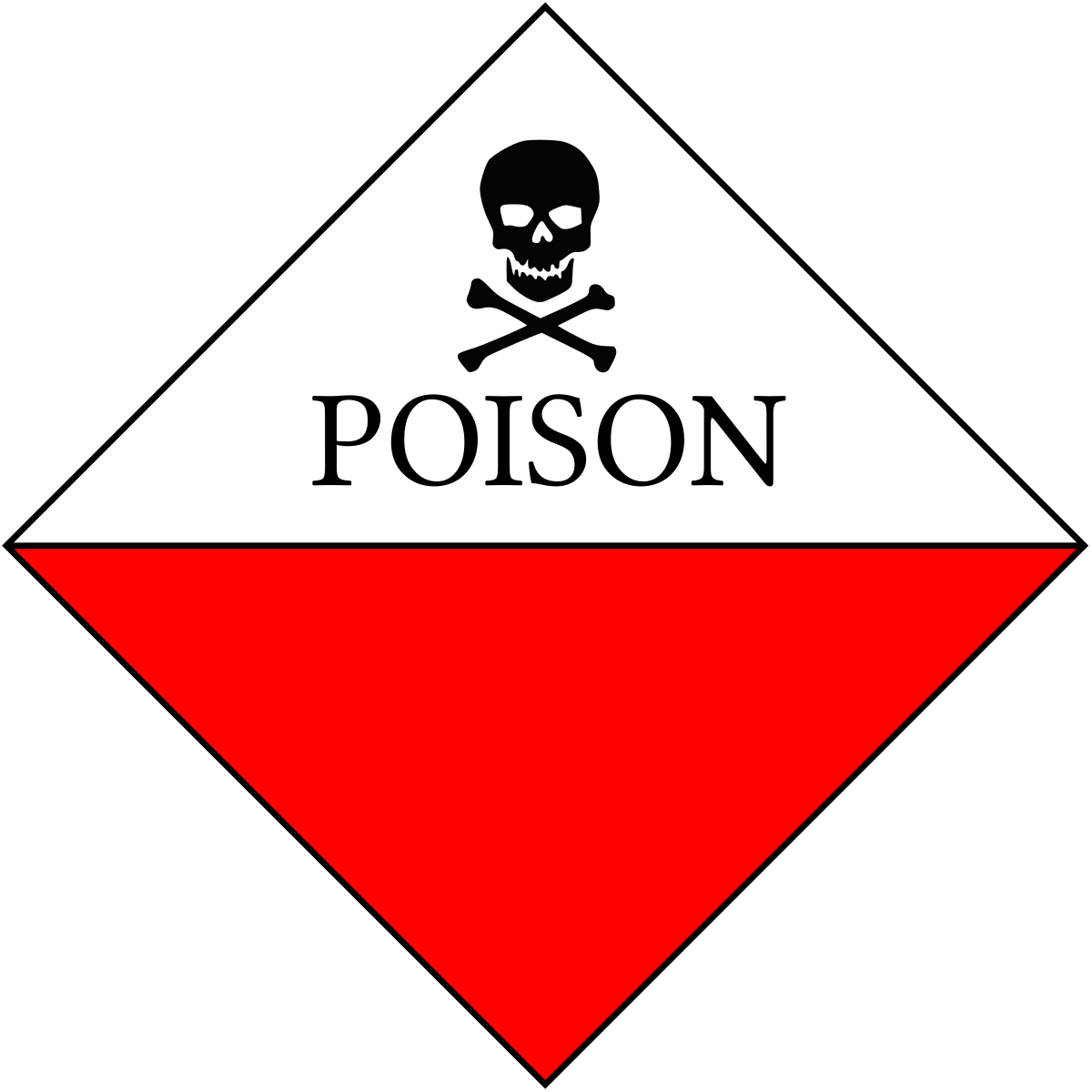MARCH 22, 2023 – During my years working inside a large financial institution, we were subjected to a regular onslaught of new and improved terms that people slung around mostly to gain acceptance among other people doing likewise. When I encountered the latest lingo in management meetings I wanted to stand up and scream, “Can’t you think of a more original way to say that?!” But we all worked to “optimize shareholder value,” which really meant, optimize conformity. Get too original in your thinking and you’d likely discover the “de-optimization of promotion prospects.”
Another term that grated on my ears was “value-added,” as in “We’re expanding market share by our value-added products.” In business update (puffery) meetings, group leaders actually made such statements and no one burst out laughing—because everyone wanted to borrow the statement.
I often imagined myself as CEO for a day so that by executive fiat I could dock people’s pay if they used any term on a list of proscribed nonsense.
Today, in the context of what passes for political speech, huge strides could be made in national reconciliation if we excised certain fraught terms. My top 10 would be:
“Big government” – It’s become synonymous with “bad government,” with the implication that “small” or “limited government” is “good.” Depending on context, however, “small government” can be just as “bad” as “big government” can be good.
“Critical Race Theory” – This term of fairly obscure scholarship has been turned into a piece of red meat. Surely not more than one in 1,000 people could accurately define it. The term should be jettisoned—and replaced by an expanded examination of our history.
“Existential Threat” – If we’re talking L’Etranger by Albert Camus, then fine, “existential” applies. But threats that originate beyond our national borders are “external threats” (as opposed to domestic ones).
“Fair share” (as in taxes) – This term is used invariably when advocating for a more progressive income tax structure. “Fair share” goes undefined for good reason: it can’t be. Use of the term simply causes Republicans to see (“hear”?) red and scream, “Socialist!” (see below).
“Politically motivated” – How often do we hear that DOJ—or an elected official—is “politically motivated”? Let’s agree that pretty much every governmental action is at some level, motivated by politics—i.e. how voters in the next election will respond. Welcome to democracy.
“Racist” – This complex term is hurled about simplistically without definition. It’s main effect is to get people all stirred up. “He’s racist!” –“No he’s not!” –“Yes he is!” Let’s just stipulate that the term sits on a definitional spectrum 1,000 years long. Instead of arguing who and what is “racist,” let’s devote our time and energy to understanding the history of race relations in America. After everyone’s up to speed on their reading, then we can attempt a definition, which is most challenging at the margins and below the surface.
“Socialist” – Republicans love to use this term to describe policies they hate, but with no understanding of what it means, except that somehow the government is involved. (You’ve got to love the irony of Republican “redness”—the color associated with traditional communism/socialism.)
“Radical Leftist” – Republicans apply this term liberally to all Democrats, which makes me wonder: what would Republicans call . . . a radical leftist?
“Weaponization” – Let’s agree that this term has been . . . weaponized . . . and should be defused.
“Woke” – Watch a Republican fumble around trying to define this term, and you’ll understand why Democrats should stop using it.
Okay. Done.
(Remember to subscribe to this blog and receive notifications of new posts by email.)
© 2023 by Eric Nilsson

2 Comments
“Radical Leftist” – Republicans apply this term liberally to all Democrats, which makes me wonder: what would Republicans call . . . a radical leftist?
– I think this term has blossomed because of the instability our nations values. Small majorities of left and right leaning more radical than towards a moderate middle. The influence of social media has transformed the way that our nation interacts and plucks at the bowstrings of people’s egos, when sensitive subjects object with their individual or collective viewpoints. The media then gaslights those attributes to win over sides and essentially beats the tribal war drum to bring us back to our tribal roots. Maybe we need the back and forth bicker to have a healthy balance, rather than a one view mandated to all.
Leaving a question – is it that terms are now being used in place of actually describing viewpoints or situations, in order to dumb things down into broad categories? Ie. Absence of knowledge = blanket term
Nick, great to see your thoughtful comment! Your reference to tribalism is an apt one–some things about our nature never change. As I indicated in the post, I’ve always been frustrated by how we pick up on terms and jargon without stopping to analyze what they really mean and what effect they have on our perceptions. A while back I withdrew from all news for about four months, with a vast improvement in my mood and blood pressure. Also, I find reading history to be a good antidote for news consumption: however bad we might think the present, you can find much worse in our past. Finally, in consuming information, it’s always good, I think, to remember that all commercial “news” platforms are driven by advertising revenue, so the messaging is geared to driving audience numbers, which translate to advertising rates, then to the bottom line.
Comments are closed.